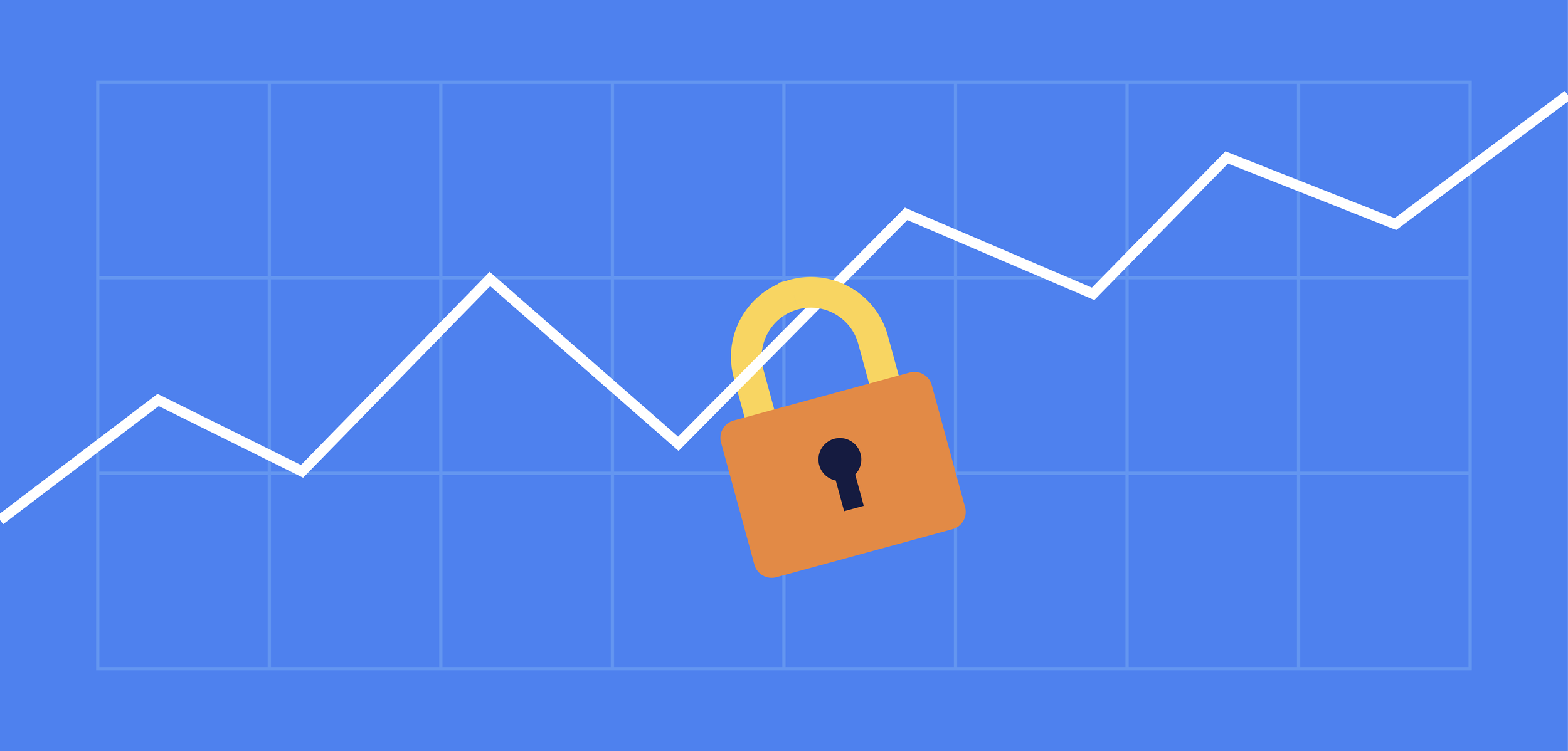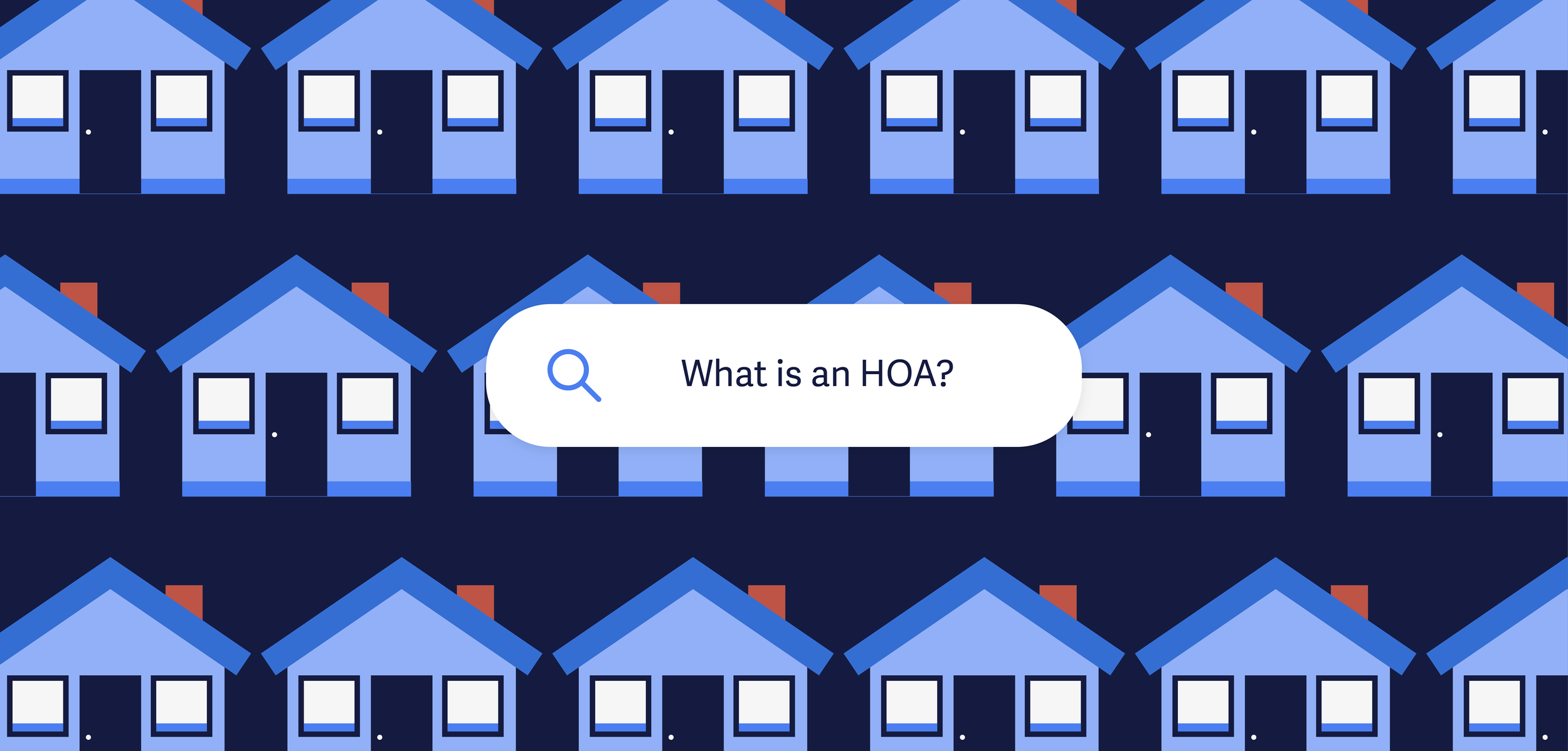Mortgage Preapprovals: What You Should Know
If you’re ready to tackle homeownership, the first step is obtain a preapproval letter documenting exactly how much money you’re qualified to borrow.
This is an essential document, not only telling you how much house you can afford but also alerting you to any potential issues that can prevent you from obtaining a mortgage down the road and showing sellers you’re a serious buyer (since you can back up the offer you make).
With that said, it’s important to understand a few considerations when obtaining a preapproval.
Mortgage preapproval vs. prequalification
First, know that a preapproval letter differs from a prequalification letter: which is a simpler evaluation that relies on self-reported income rather than a hard credit inquiry.
A prequalification gives you an idea of how much of a loan you’ll likely qualify for, whereas a preapproval is a conditional commitment to grant you the mortgage. A prequalified buyer, thus, carries a different weight than a preapproved buyer subjected to a more thorough investigation.
A preapproval letter will also allow you to act more quickly than buyers who lack this certification.
Know that preapproval letters expire
Second, remember that preapproval letters have a shelf life: typically 60-90 days, though this varies by lender.
Therefore, if your preapproval letter is set to expire and you have yet to find a home, you should reach out to your lender and identify what you need to provide (typically just updated financial statements) so you can avoid repeating the entire process.
How to become preapproved
Next, you can use two critical benchmarks (in addition to your credit score and the amount of your down payment) to see how likely it is your preapproval application will get the green light.
While the cutoff varies by lender, underwriters typically want proof that your monthly mortgage payment (which includes your property taxes, homeowner’s insurance, and HOA fees) will not exceed 28 percent of your gross household income. And if you plan on making a smaller down payment (less than 20% of the home’s purchase price), your lender will likely require private mortgage insurance (PMI), which will also factor into the 28% formula.
They will also want to know how much money is dedicated to your monthly debt, including anything from student and auto loans to alimony and child support payments, compared to your gross income. Your debt-to-income ratio (total monthly debt payments divided by gross income) ideally should fall below 36 percent and not reflect more than 41 percent of your gross salary.
If your debt-to-income ratio is significantly higher than this standard, it's often better to wait to apply until you either reduce your monthly recurring debt or boost your income.
Adhering to these benchmarks signals to lenders that you are “less risky” and thus primed to qualify for the best mortgage rate available.
Buy only what you can afford
Remember that your mortgage preapproval amount offers only a rough idea of how much home you can afford; some commission-happy lenders, nevertheless, may invite you to spend more. Buying a house you cannot truly afford is a dangerous prospect, especially if it depletes your funds to the point that you cannot cover other costs of homeownership. It’s therefore in your best interest to ensure you stay below the two thresholds outlined earlier.
Obtain multiple mortgage preapproval letters
If you set out to obtain preapproval letters from multiple lenders (never a bad idea), make sure you apply to all within 45 days: because when a lender pulls your credit, it counts as a hard inquiry and will often lower your credit score by a few points as a result. However, if multiple mortgage lenders check your credit within a 45-day window, these subsequent checks won’t count as additional hard inquiries against you and thus won’t further impact your score.
Finally, note that most banks do not charge for preapprovals but some institutions may request a small fee to pull your credit report. The process typically only takes a few days.
The bottom line on mortgage preapprovals
While it’s easy to get caught up in the excitement of house-hunting, don’t miss out on the chance to obtain a preapproval: which provides several benefits to potential home buyers and is a critical step forward in the mortgage-approval process.
Also read our article on Interest Rate vs. APR: How to Compare Mortgages.
Have questions about mortgages? Schedule a FREE discovery call with one of our CFP® professionals to get them answered.
———
Vision Retirement is an independent registered advisor (RIA) firm headquartered in Ridgewood, New Jersey. Launched in 2006 to better help people prepare for retirement and feel more confident in their decision-making, our firm’s mission is to provide clients with clarity and guidance so they can enjoy a comfortable and stress-free retirement. Schedule a no-obligation consultation with one of our financial advisors today!
Disclosures:
The opinions voiced in this material are for general information only and are not intended to provide specific advice or recommendations for any individual.







